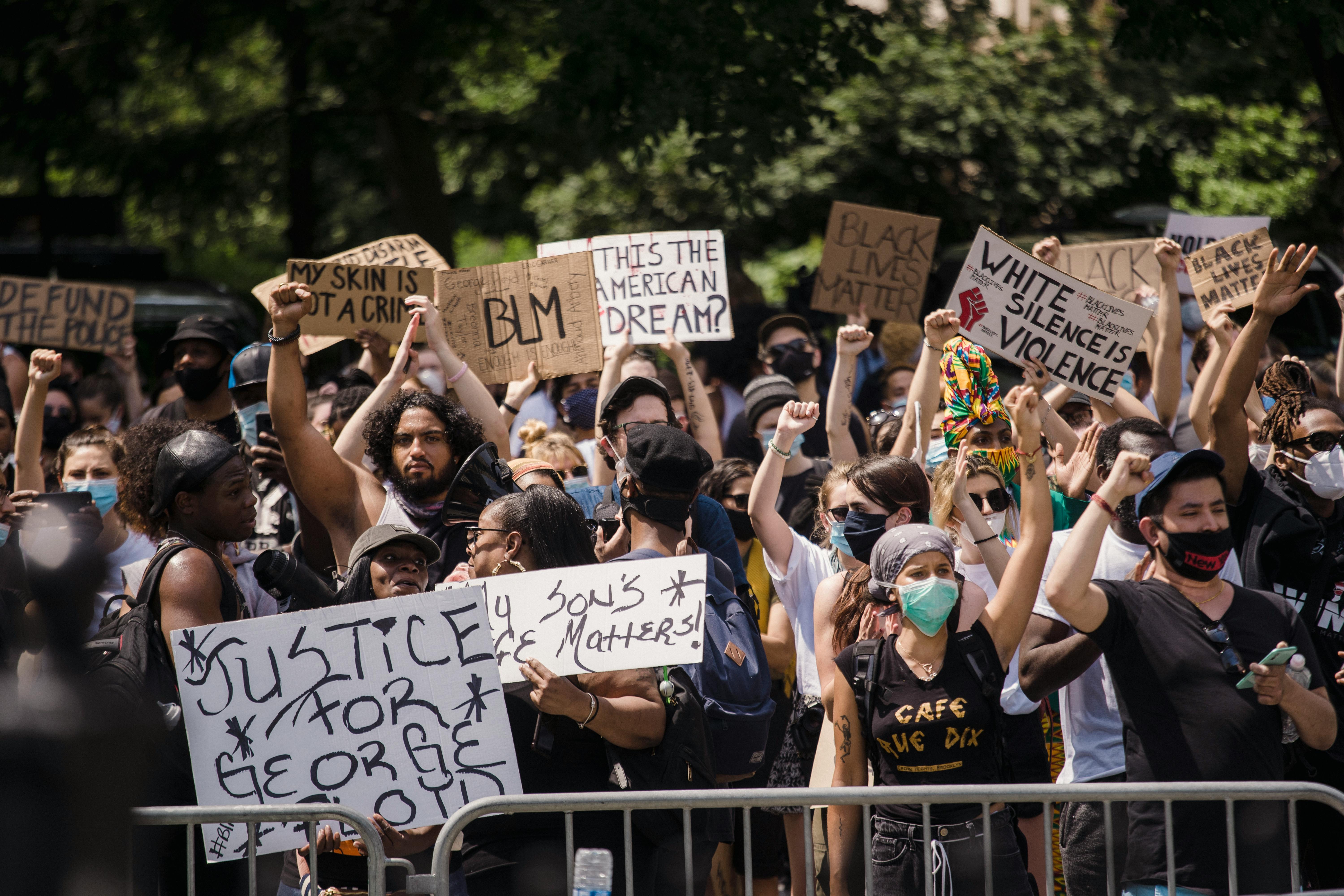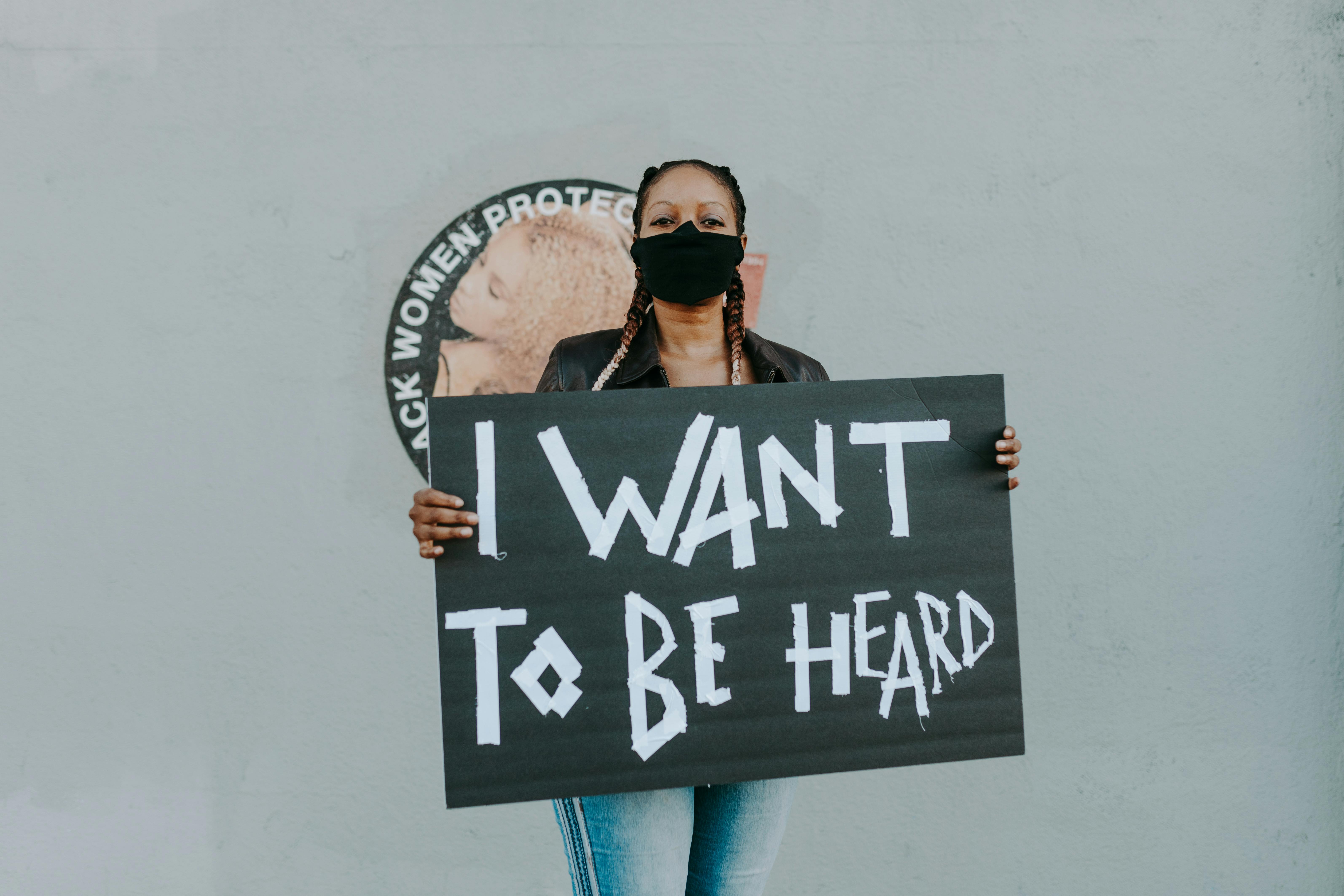We hear and read about this everywhere these days.
You hear people say, “The future is now.”
“We have to give way to technology.”
“We will be better and live a better life (it might not even work) if we let the AI do it.”
Yes, the technology is here and we are living at the dawn of the AI age, and it’s a topic we’ve seen and heard a lot more about this year.
I wonder what the chances are for the average person. You know, the person who is not the founder of Facebook, Google or Amazon, who have placed barriers to entry so high that it will be rare for companies to enter that stratospheric league.
What will happen to the humans?
Wondering what will happen to the average person? AI is taking over customer service, writing, design, sales, law, and medicine. As a businessman and social entrepreneur, the reality is that if you look at things in a purely basic way, using AI could make a lot of sense. They never get sick. They work 7/27/365. They never stop and, in fact, they can produce more than any human being can, in his entire life. From a pure dollars and cents perspective, AI can make a lot of sense.
But then you have to wonder about the broader implications of AI, and I have a feeling that society hasn’t even begun to understand the implications. If you pay a little attention to the news, then you know that a few months ago Facebook engineers shut down and unplugged the AI that decided on its own to go ahead and develop a new language. It was more efficient for them to do the job, but the humans didn’t understand it. It looks like the language was basic, but what if the AI hasn’t shut down? Would they have developed a highly sophisticated way of communicating and operating on that completely excised human?
I agree that technology can be beneficial to society. I think most people would agree that we would rather send a bot into a dangerous situation, say war, rather than ask our men and women to risk their lives. I think there is something to be said for the rapidly expanding role of robotics in medicine. For example, the fact that we have started 3D printing human organs is a significant advance and we are hopeful that many lives will be saved.
The deepest problems related to AI
My concern in delving into the subject of AI is what the implications are for the human race, and yes, that even includes how we connect in the philanthropic sector with each other and with the world we serve. As I pointed out in the previous article I wrote, Partnership on AI, which is a collaborative effort between mega-companies like Facebook, Apple, Google, and leading nonprofits like UNICEF and Human Rights, is trying to lead the conversation on the implications of AI in all of our lives.
If you tune in even a little bit on the AI conversation, you know we have a lot of issues to deal with, including some of the following:
- Safety: We don’t want to be in a situation where AI is created and is not required to protect human life.
- Transparency: We had the recent situation with Facebook where they shut down AI, but who rules (government or company) when someone says “Houston, we have a problem”?
- Work and Economy: Whose responsibility is it to train people as AI develops, and what will their job roles be in light of a much more powerful AI partner? Will people even have jobs?
- Society: For communities around the world, which certainly includes nonprofit and philanthropic work, what will be the impact of AI on philanthropy, education, charitable work, science, public and private partnerships, etc.
Apparently the reality seems to be unfolding that there are few, if any, areas that AI will not touch.
The competitive advantage of humanity
When I read about AI-related issues, I think of one thing: humanity. I believe that we everybody I have to get into the conversation now about the implications of AI. I am someone who likes and values people precisely because we are imperfect. There is a lot of prose and poetry in the human condition. AI cannot love, show courage, hope, dream, feel fear, etc.
In my opinion, those qualities are what make humans so much better than AI. Our values are our competitive advantage compared to AI. There is something intrinsic within people (some call it soul or spirit, others connect the scientific dots of all the elements that make up our brain, heart and body) that makes us unique, and yes, even exceptional.
We have a serious conversation that needs to take place about AI, but it involves all humans, and we must pay attention before we have a situation that we did not expect in the age of technology.
The path of humanity as it greets AI
In many ways, I hope that AI starts to break down the things that divide us and that we discover that as humans we are all the same. We are. Eliminate the problems of money, race, religion, gender and everything else; We all bleed red
We all suffer.
We all wait.
We all dream.
The way I see it, now is humanity’s time. They can be our best moments at the dawn of a new era, as long as we all get out of our own way and engage in a global dialogue about humanity in the age of AI.



